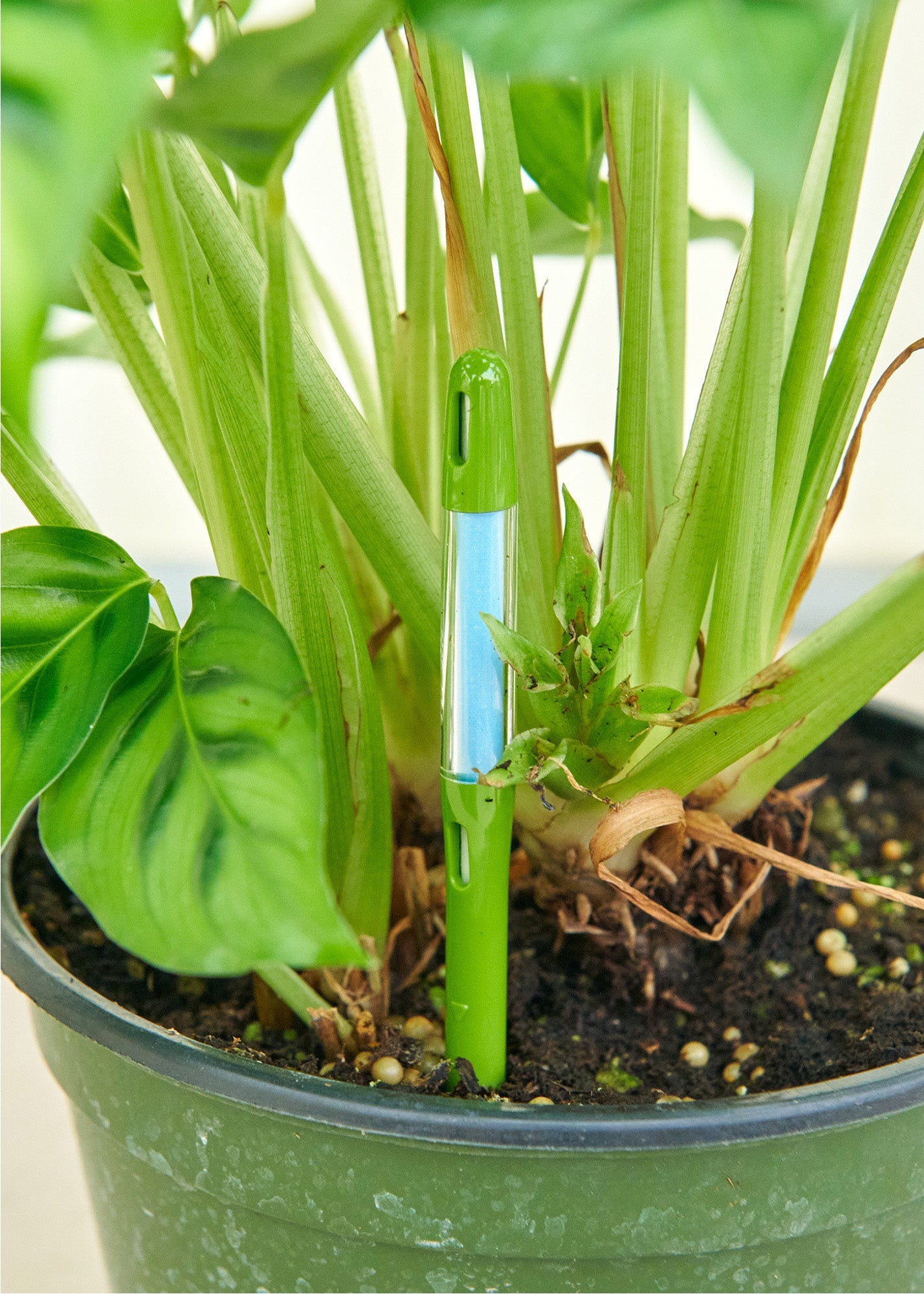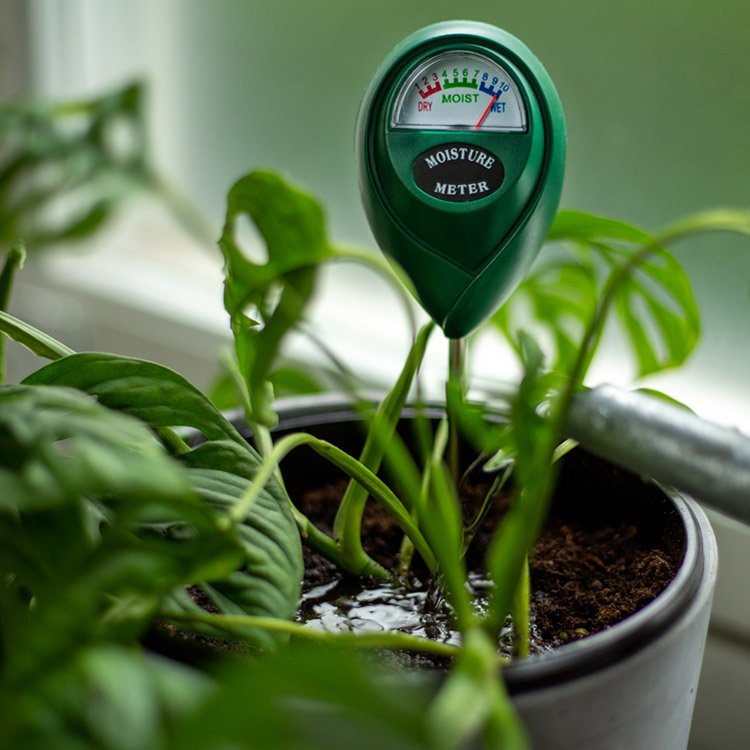The Scientific Research Behind Moisture Meters: Just How They Function and Why They're Necessary
The Scientific Research Behind Moisture Meters: Just How They Function and Why They're Necessary
Blog Article
The Ultimate Overview to Moisture Meters: A Comprehensive Summary and Exactly How They Can Save You Money
In the realm of structure upkeep, building and construction, and numerous industries, the significance of properly measuring moisture degrees can not be overstated. Moisture meters offer as indispensable devices in discovering and checking moisture material in materials, assisting in preventing pricey damages and making sure the quality of products. Understanding the nuances of various sorts of wetness meters, their applications, and the prospective cost-saving benefits they supply can be a game-changer for professionals and businesses alike. Discovering how these gadgets can not just improve procedures but additionally add to economic cost savings is a journey worth embarking on.
Types of Moisture Meters
Various sorts of dampness meters are available for various applications in numerous industries. One usual type is the pin-type moisture meter, which measures the electric resistance in between two pins inserted right into a material. This type appropriates for timber, drywall, and various other structure materials. Pinless wetness meters, on the other hand, use electromagnetic sensing unit plates to check a bigger area without creating damage to the material's surface area. These meters are perfect for promptly assessing dampness levels in large locations such as floorings and wall surfaces.
Infrared dampness meters gauge the thermal buildings of a product to establish its moisture content non-invasively, making them beneficial for applications where pin or pinless meters may not be ideal. Comprehending the various types of dampness meters offered can assist markets select the most proper tool for their specific wetness dimension needs.

Advantages of Utilizing Moisture Meters

Moreover, making use of moisture meters can result in boosted energy efficiency. By determining locations with high moisture degrees, such as leaks or inadequate insulation, changes can be made to improve energy conservation and minimize energy prices. In farming setups, dampness meters play a vital role in optimizing crop yields by allowing farmers to check soil moisture levels and make informed irrigation decisions. Overall, the benefits of utilizing wetness meters cover across various industries, offering economical solutions and promoting much better quality assurance methods.
Just How to Select the Right Moisture Meter
Selecting the suitable site moisture meter entails thinking about essential factors such as product compatibility, measurement range, and calibration precision. When selecting a moisture meter, it's necessary to make certain that the meter appropriates for the specific product you will certainly be testing. Various materials have differing electrical residential or commercial properties that can affect dampness readings, so picking a meter created for your material is vital for exact outcomes. Furthermore, take into consideration the dimension range of the dampness meter. Make certain that the meter can detect moisture degrees within the range required for your applications. Calibration precision is an additional essential aspect to bear in mind (Moisture Meter). Go with a wetness meter with reliable calibration to guarantee accurate and regular analyses. Some meters might require routine calibration adjustments, so understanding the calibration process is very important. By thoroughly reviewing these elements, you can pick a wetness meter that meets your requirements and gives accurate wetness dimensions for your tasks.
Proper Methods for Moisture Meter Use
To make certain accurate dampness analyses and maximize the effectiveness of a moisture meter, utilizing correct techniques is crucial. When using a pin-type moisture meter, insert the pins or probes into the material being examined till they make full call. By complying with these correct strategies, customers can count on their dampness meter to give reliable dampness degrees, aiding in preventing pricey damage or ensuring high quality in numerous applications.

Cost Financial Savings Via Moisture Meter Applications
Exactly how he said can the tactical usage of moisture meters lead to substantial price savings across numerous industries? In the farming industry, dampness meters help in identifying the optimal time for collecting plants, protecting against excess or over-drying wetness that can impact the final product's high quality.

Moreover, in the food processing market, dampness meters are essential for monitoring product high quality and guaranteeing compliance with safety and security click for info laws. By precisely gauging wetness material in food, producers can stop perishing, keep quality, and minimize waste, leading to significant expense financial savings. Overall, the calculated application of wetness meters is a valuable financial investment that can result in considerable cost decreases and boosted performance throughout various industries.
Final Thought
To conclude, moisture meters are beneficial devices for gauging and finding wetness degrees in numerous materials. By utilizing the best dampness meter and following proper methods, users can properly stop costly problems triggered by excess moisture. Purchasing a high quality dampness meter can bring about considerable cost savings in the long run by identifying potential problems at an early stage and making it possible for punctual removal. Eventually, dampness meters are essential tools for keeping the stability and durability of materials and structures.
Moisture meters serve as important tools in spotting and monitoring moisture material in materials, helping in avoiding expensive problems and making sure the high quality of items. Infrared dampness meters measure the thermal residential properties of a product to identify its wetness content non-invasively, making them helpful for applications where pin or pinless meters might not be ideal.Dampness meters provide very useful advantages in accurately assessing and checking dampness degrees in diverse materials and atmospheres. In farming settings, wetness meters play an essential role in enhancing crop returns by allowing farmers to keep track of dirt moisture degrees and make educated watering decisions.In verdict, wetness meters are useful devices for discovering and gauging moisture levels in various products.
Report this page